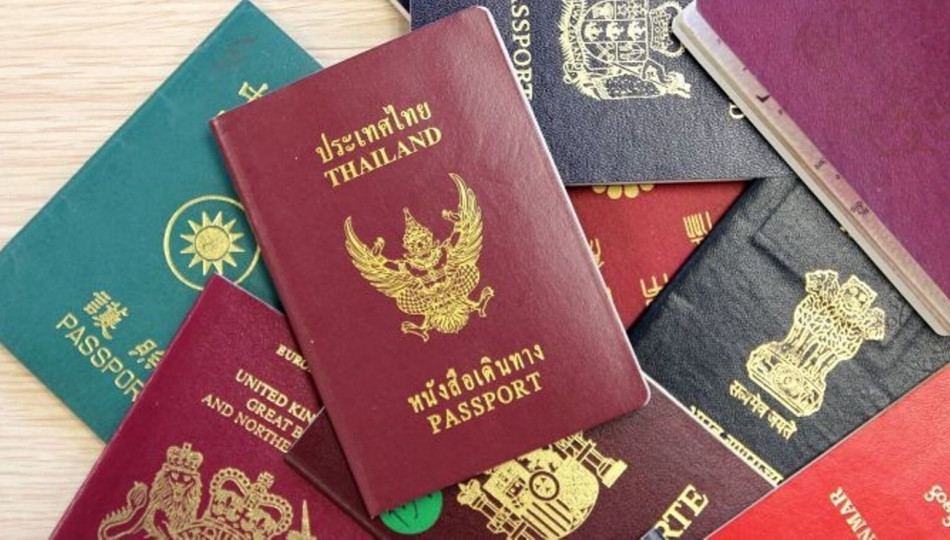Advisory services for migrants in Poland

Editor

related articles
Urząd do Spraw Cudzoziemców
In English: The Office for Foreigners – a central institution overseen by the Polish Ministry of the Interior that deals with all matters regarding foreigners’ entry, stay and departure from the territory of Poland. It is also responsible for granting asylum, tolerated stay, temporary protection and other forms of humanitarian aid. It is also the appeal body for those unhappy with voivodeship’s decision regarding stay legalisation.
Urząd Wojewódzki
In English: Voivodeship Office – 16 offices (one for each province referred to as a voivodeship in Poland) located in the country’s major cities (see the list of Voivodeship Offices in Poland). They are an institution of great importance – this is where you head first if you want to get a residence permit, work permit, extend or get a visa, or exchange some of these documents for new ones.
NGOs
There is a number of non-governmental organisations that operate in Poland and can serve as a point of contact for troubled foreigners staying in Poland. The most famous ones include: Polish Red Cross, Caritas Polska, Helsinki Foundation for Human Rights, Ocalenie Foundation, Amnesty International, and more. Please bear in mind that these organisations should be contacted first and foremost in deeply challenging situations, after all other means have been exhausted.
Student organisations
If you happen to study in Poland or participate in a student exchange programme, there is a big chance you can direct your doubts and questions to some sort of student network operating at your university, or even the university itself. A good example of an organisation promoting mutual help among its members is ESN for Erasmus exchange students.
Centres for foreigners
These institutions are designed for foreigners who have applied for the status of a refugee and receive benefits. Centres for foreigners are safe facilities providing shelter for the most troubled migrants fleeing life-threatening events in their home countries. There are 12 facilities of this kind, most of them located near the Polish border.












